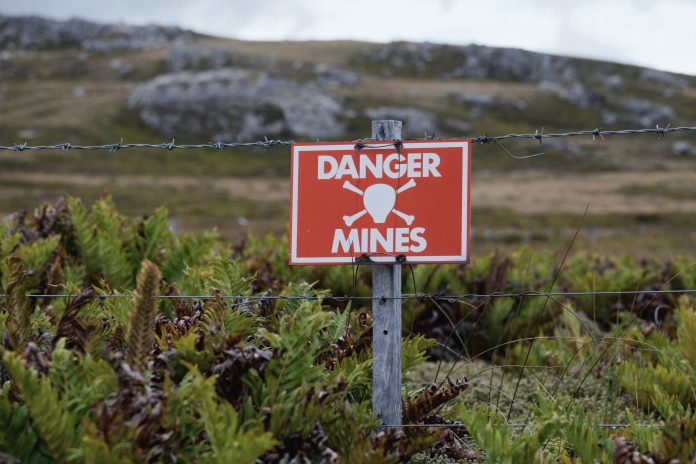Pakistan has launched a new anti-terror operation, dubbed “Operation Azm-e-Istehkam,” in the Khyber Pakhtunkhwa region. This initiative represents a further militarization of the area rather than an effective counter-terrorism measure.
The operation has led to an increase in military checkpoints and the implementation of a controversial “Entry System” in former Federally Administered Tribal Areas (FATA), particularly in Waziristan. These measures are not only restricting public life and but also infringing on civil liberties.
The true motives behind the increased military presence is that the militarization is aimed at controlling resource-rich Pakhtun lands under the guise of security operations.
In posh areas, the deployment of landmines and the establishment of numerous checkpoints have had devastating consequences for civilians. Recently, three innocent children—Noor Mohammad, Naqeem-ullah, and Fakhruddin—lost their lives in a landmine explosion in Shawal, Upper Waziristan. These incidents highlight the dangerous impact of security measures that ostensibly aim to protect but instead endanger the lives of innocent residents.
These security tactics, including landmines and checkpoints, have failed to prevent terrorist activities while posing significant risks to civilians. The casualties from these measures often include innocent residents rather than the purported targets.
Pak Army’s internal security policies and its harboring of terrorist elements for cross-border activities has led to human rights violations and the militarization of civilian areas, further exacerbating tensions and insecurity in the region..

